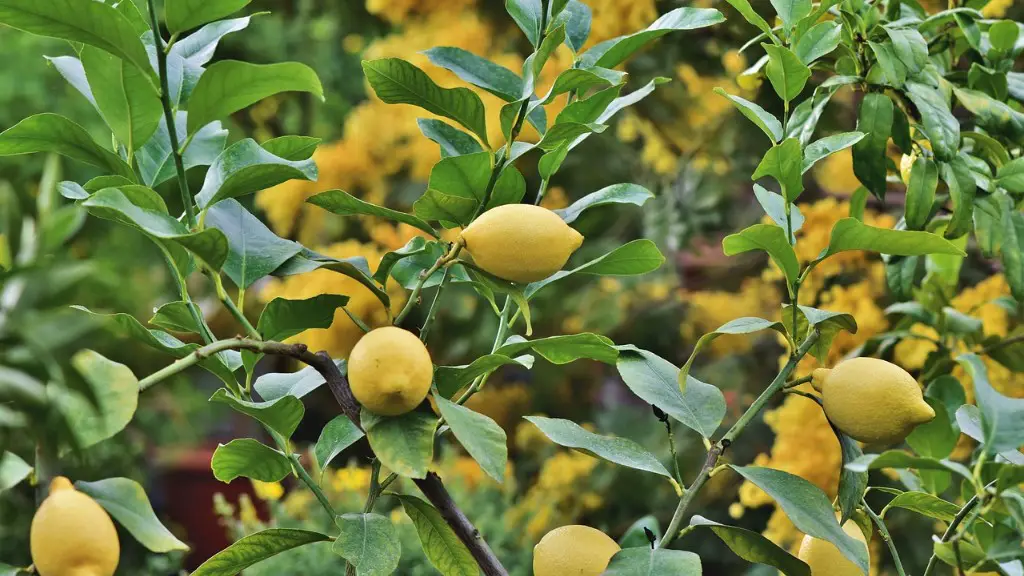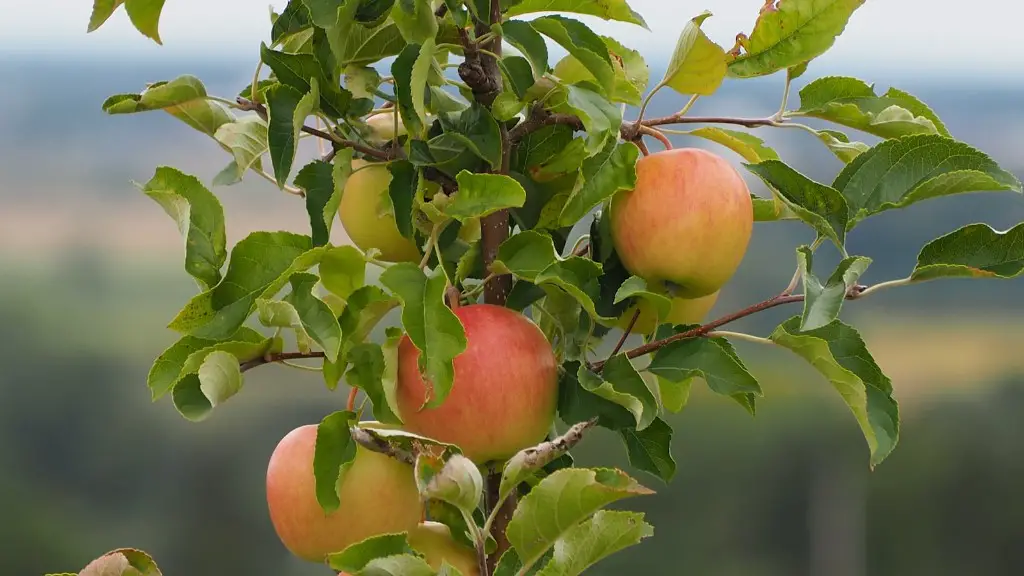A dwarf meyer lemon tree is an excellent fruit-producing addition to your home or garden. With proper care, it can provide an abundance of lemons perfect for baking, juicing, zesting, and more. To help ensure your meyer lemon tree stays productive and healthy, here’s a guide to proper care.
Correct Planting and Plant Care
Firstly, to get your meyer lemon tree off to the best start possible, it’s important to select the best spot for planting; look for an area that receives 6-8 hours of full sun per day. Since meyer lemon trees prefer growing bed soil, you may wish to amend the planting area with organic material such as compost or peat moss to ensure optimal drainage. When you’re ready to plant, make sure you water the tree thoroughly. After planting, you should water your meyer lemon tree 2-3 times per week, depending on the weather, ensuring the soil around it stays evenly moist. It’s also important to fertilize the tree every 6-8 weeks with a balanced fertilizer.
Tree Pruning & Training
Your meyer lemon tree may require pruning & training to stay in good shape. Pruning helps control the size, shape and overall health of the tree by removing dead & damaged branches and encouraging new growth. When pruning, aim to give the tree an open center, allowing room for air circulation & light penetration. Additionally, training the tree to a particular shape such as a fan or V can help increase its productivity.
Protection Against Pests & Diseases
Maintaining the health & beauty of your meyer lemon tree may also require protecting it against pests & diseases. To protect against insects, regularly inspect the tree and look for signs of infestation such as changes in leaf color or leaf skeletonization. If necessary, use insecticidal soap or horticultural oil to control the pests. As for diseases, look out for cankers, root rot, and melanose. To protect against these, make sure to keep the mulch around the tree dry, avoid overhead watering, and space the branches of the tree to allow for good air circulation.
Harvesting & Preservation
Finally, it’s important to know when and how to harvest your meyer lemons. Lemons are ripe when their skin has softened and turned from green to yellow. To ensure optimal flavor, you should pick them just before they’re ripe. To store the lemons, you can wrap them in paper towels or place them in a brown paper bag to keep them fresh for longer. You can also freeze, dry, or juice the lemons for later use.
Balancing Soil pH and Nutrients
If you notice your meyer lemon tree is not performing as expected, it may be due to a lack of necessary nutrients or an imbalance in the soil’s pH. To correct this, you can add lime or sulfur to the soil to adjust the pH, and add a fertilizer that’s specifically designed for citrus trees. This will help to keep the soil well balanced and provide the necessary nutrients for your tree’s success.
Grafting and Propagation
Grafted meyer lemon trees are popular for owners seeking to give their lemon trees a boost. Grafting helps the lemon trees produce higher-quality and larger fruit than those from seed. Additionally, you can use horizontal rooting, aka propagating, to increase the number of meyer lemon trees in your home or garden. All you need is a few pieces of healthy rootstock, olive oil and a sharp knife.
Enhancing Water Supply
Meyer lemon trees require ample water in order to stay healthy and productive. To ensure adequate water, it’s important to provide the right amount of irrigation and mulch around the trees. Additionally, a drip irrigation system can help reduce water waste, as well as keep the area around the trees weed-free. Just make sure to check the system’s water pressure and volume regularly to ensure optimal performance.

